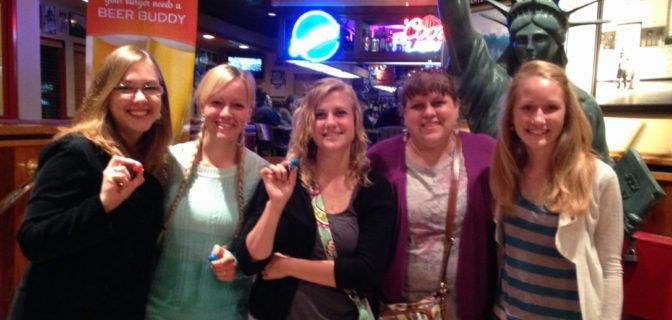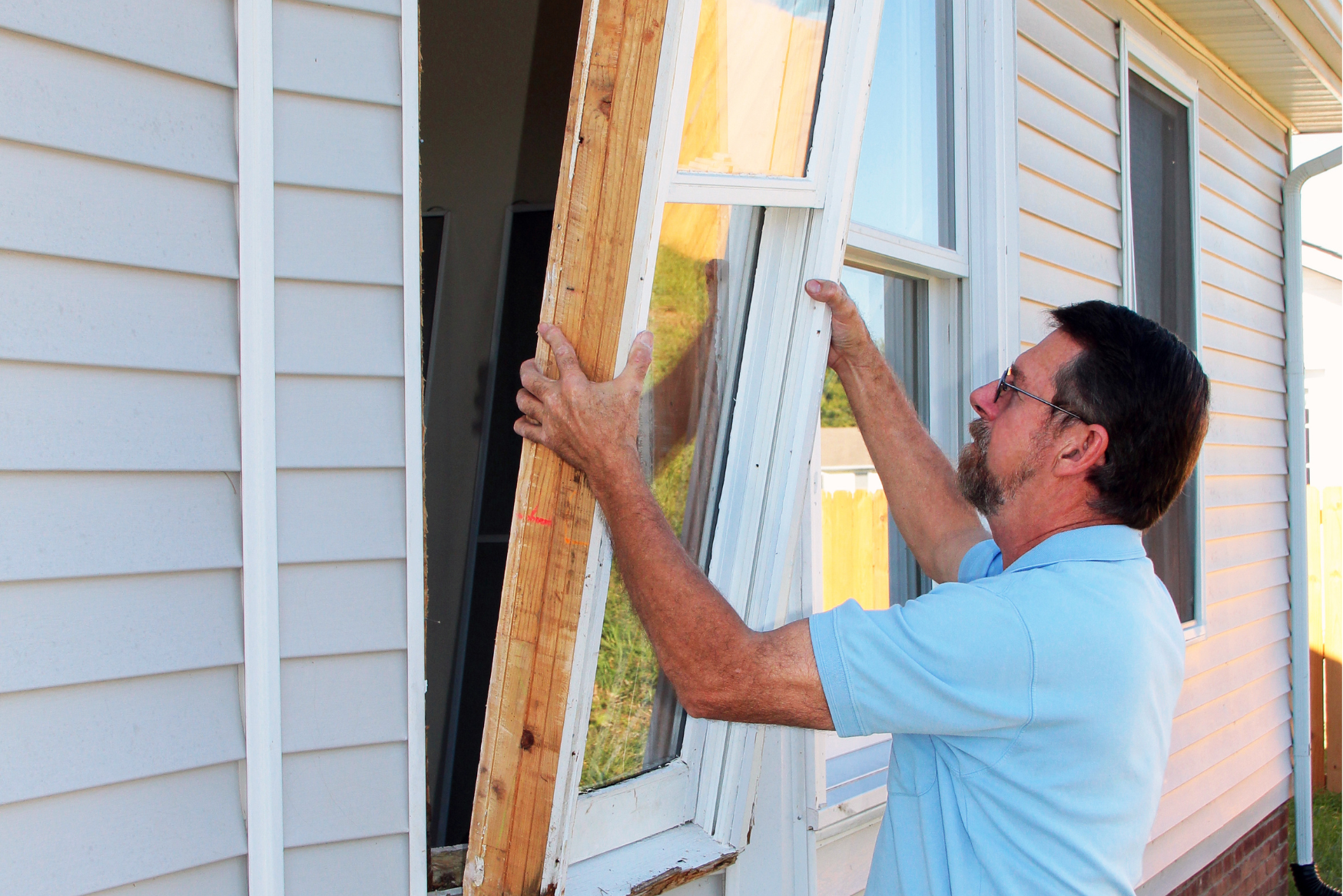
When going to college means leaving your culture
By Josie Oldenburg — Teena Embaugh traveled 17,868 miles last year — all for the love of missionary kids.
A major part of Teena’s job is keeping up with SEND’s college-age MKs. “I get on Twitter, Facebook, Instagram, Snapchat to keep in touch,” she says.
But social media only goes so far — so Teena goes the extra mile. Or, rather, the extra 17,868 miles, most of which she logged on visits to meet face-to-face with college-age MKs on their campuses.

“All that travel is worth it when the kids go, ‘Really? You came here just to see me?’ I ask a couple of questions, and then they talk nonstop,” Teena says. “They say, ‘Oh wow, you do understand, you get it, you care about this part of me.’”
Teena also organizes twice-a-year prayer chapels for SEND’s college-age MKs, during which each student is prayed for by name. After the fall chapel, the pray-ers turn into packers, putting together care packages (42 this year!) for SEND’s college kids.
Teena shares what she’s learned as she’s traveled coast-to-coast, east, west, north and south, supporting SEND’s college-age MKs:
On why going away to college is different for MKs
They are not only going away from home for the first time and experiencing college culture like every other kid does — but in their case, they’re leaving their country. They’re leaving their entire culture, their whole worldview.
If they were from Spain and going to college in Germany, people would understand, “Oh, you’re not from here. You have to learn college culture and German culture.” But in the US, if you speak English and you have a US passport, you don’t get that opportunity to adjust. They are expected by all of those around them to just know certain things.
For example, most of our kids grow up in cultures where time is not the highest value, people or events are. It’s a huge, huge cultural shift to, for instance, understand that you have to show up to class on time or it could affect your grade.
On what to ask a college-age MK
What’s the best thing about being at college? What are you enjoying the most?
What’s been the hardest thing about coming to college?
What was a surprise — good or bad?
After we’ve talked over all these other things, I ask for specific ways I can pray for them.
On good timing …
I can’t tell you how many times God’s orchestrated it so that I arrived on campus right as something really traumatic was happening. I got there eight hours after one young woman had a car accident. We talked through the whole trauma of what happened, I helped her take the car to a garage to make sure we had a good, quality guy who would fix it, and I was there two days later when she picked it up. I got to walk her through all of that when her parents couldn’t. I’m always available, 24/7, to our college MKs, and I can come be with them if they’re facing a trauma until their parents can arrive.

On making friends in a new culture
MKs are known for being able to quickly develop deep friendships. Especially spiritually, a lot of MKs really hunger to find deep enough connections with friends that they can have intense spiritual conversations. When they quickly try to talk about such things in the American culture, the response is, “Woah, I don’t know you well enough to be talking about my relationship with the Lord.” I challenge the MKs to give people time, to keep pursuing friendships, to be patient. American college students are perfectly capable of going into those deeper things, it just takes longer.
On why it stinks to be far from family (and how supporting churches can help)
College-age MKs can’t go home when they’ve had a really bad week and they just want some of mom’s home cooking or a hug from dad. A supporting church can offer that to these kids. But a church can’t necessarily just step in once the MK is back for college.
A lot of MKs won’t even go back to their “home church” because they’ve never personally connected with anyone there. They consider it their parents’ church. If a supporting church really wants to support the family as a whole, it needs to make the effort to connect with the kids throughout the years, so that they feel at home and that they already have some connections when they move back.
On the best advice for MKs transitioning to college
- Come with an open attitude and be a student of culture, just like you would anywhere else. MKs will give every other country’s people and cultures the benefit of the doubt and will be excited and willing to jump in and learn. They need to be just as open to US culture and people. They might need to ignore the expectations of extended family and friends and church people that this is home and that the MK is already all good with it. It isn’t home. They’re not all good with all of it. And that’s OK.
- Be patient. You will get to the place where you can have those deep conversations and connections, but it takes time, it takes effort. But if you hang in there, you will get to that point.
- It’s OK if people don’t totally get you, you can still have amazing friendships. I’m an adult MK, and some of my surprising, deep friendships are with people who aren’t third-culture and who have barely traveled out of the US, and yet we have a deep love for one another. Don’t pass over those people, thinking that if they don’t totally get you, you can’t have a deep friendship.
On not making faith assumptions …
You can’t assume that just because an MK grew up around the Bible and around faithful people for their whole lives that they own it for themselves. MKs have a spiritual journey of their own that they have to walk. We need to give them grace and an opportunity to say, “You know, I don’t know that I’ve ever chosen Christ for myself.” College is often a time when kids go through a process of making their faith their own, and not just the faith of their parents. That can be part of the MK experience, too. It’s a critical time.
On how you can pray
Everybody can be praying for college-age MKs, not only that they would adjust culturally, but that they would go toward the Lord in this major time of decision-making and growth in their lives.
Banner image: Three SEND MKs, just after high-school graduation, on the brink of leaving Japan for college.
Additional Posts





